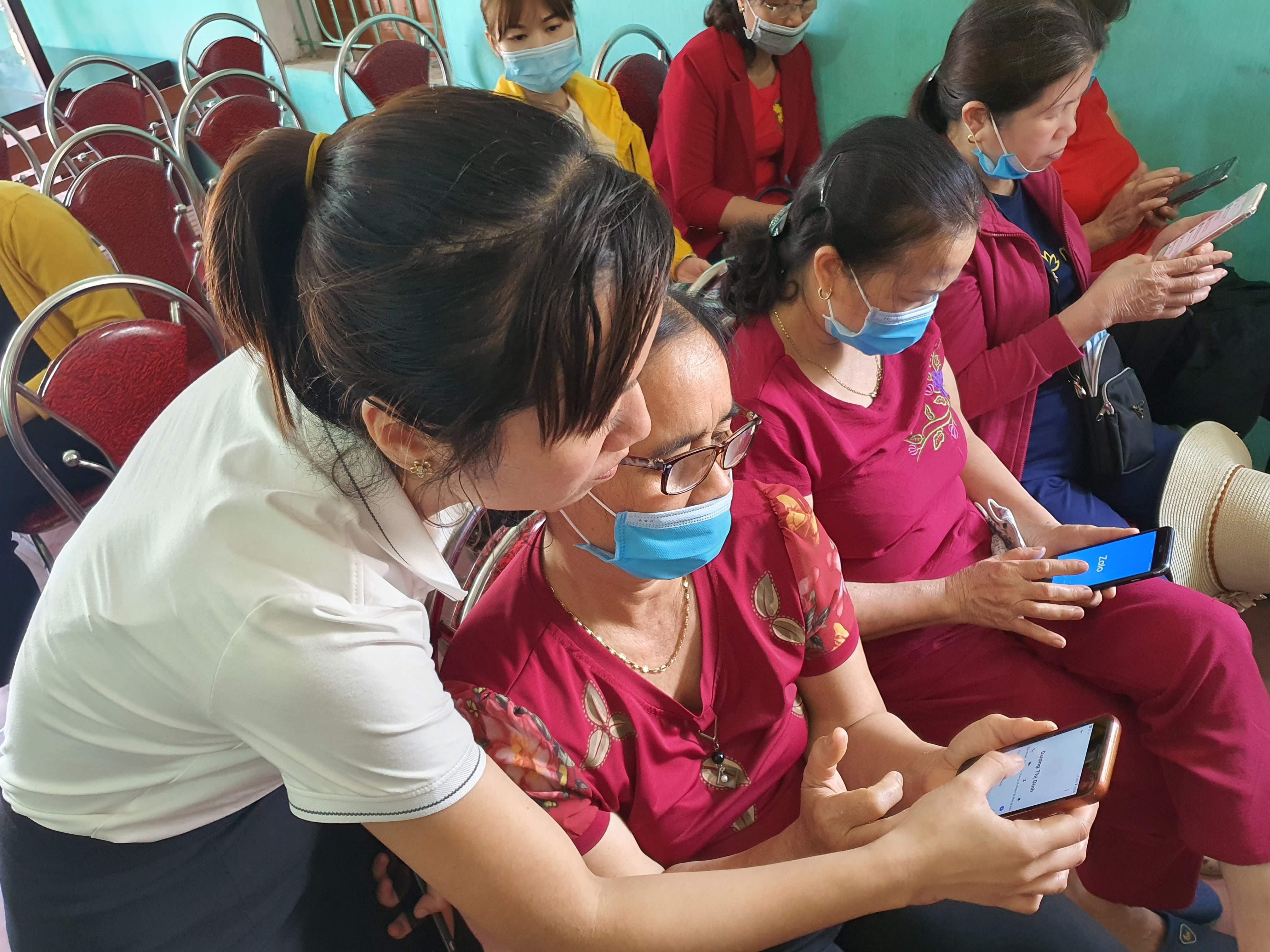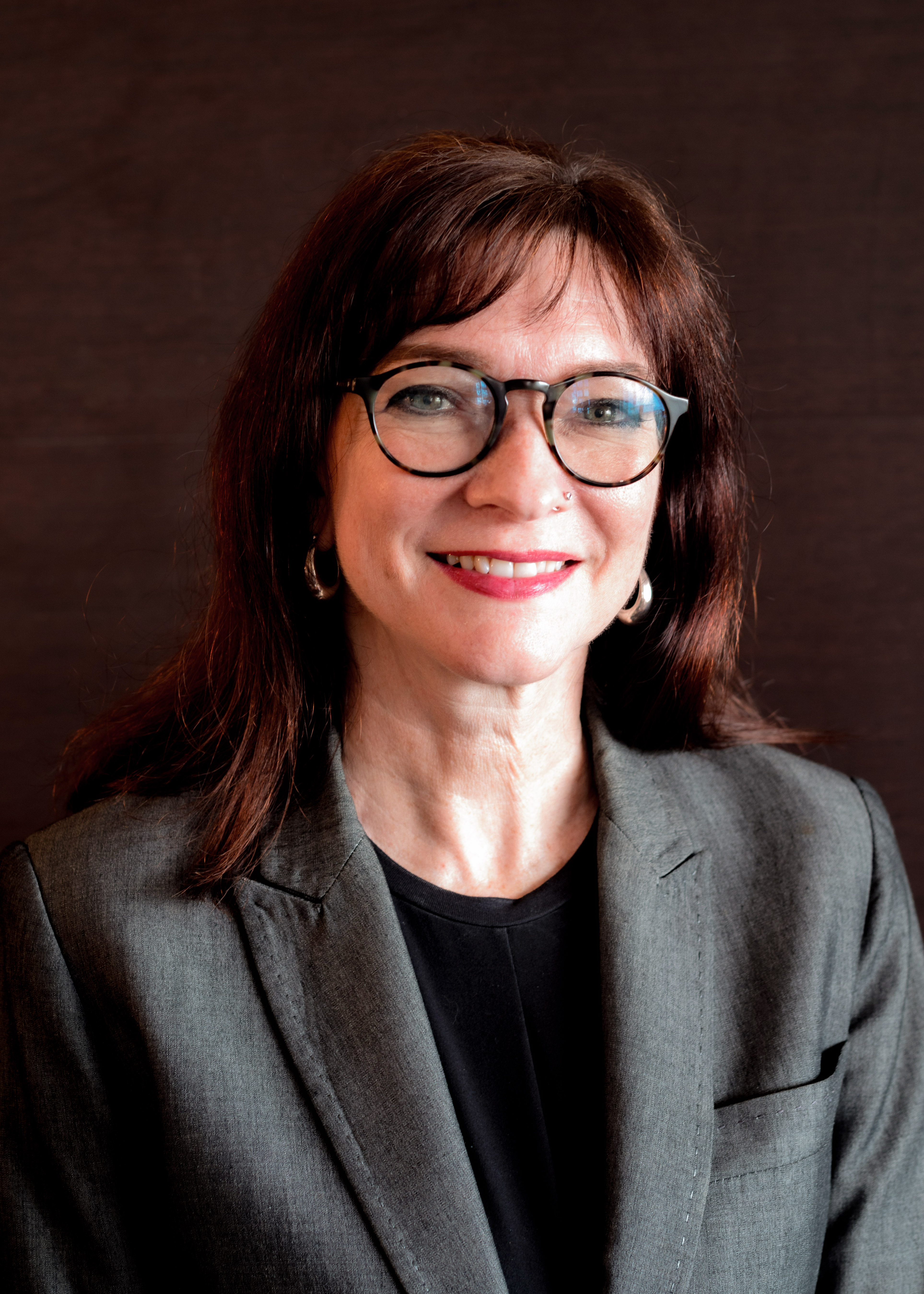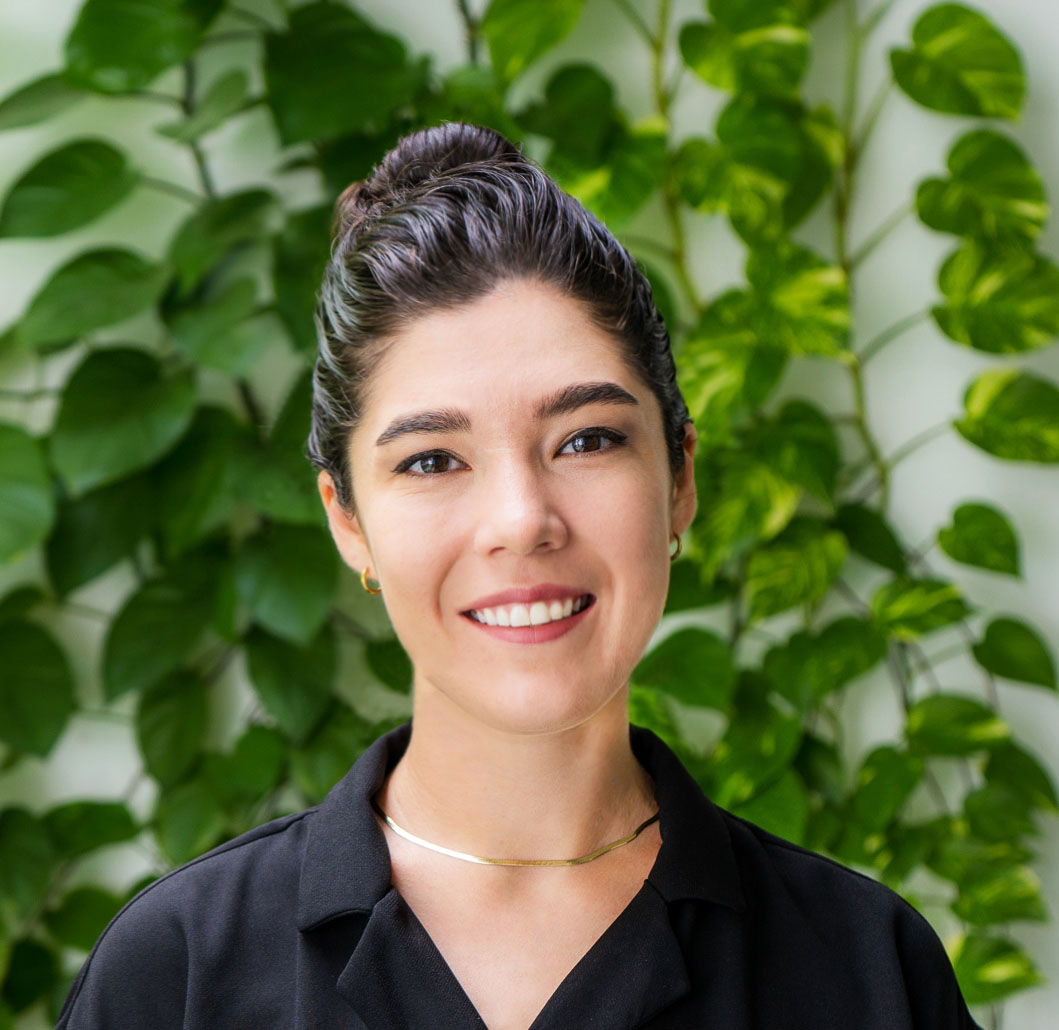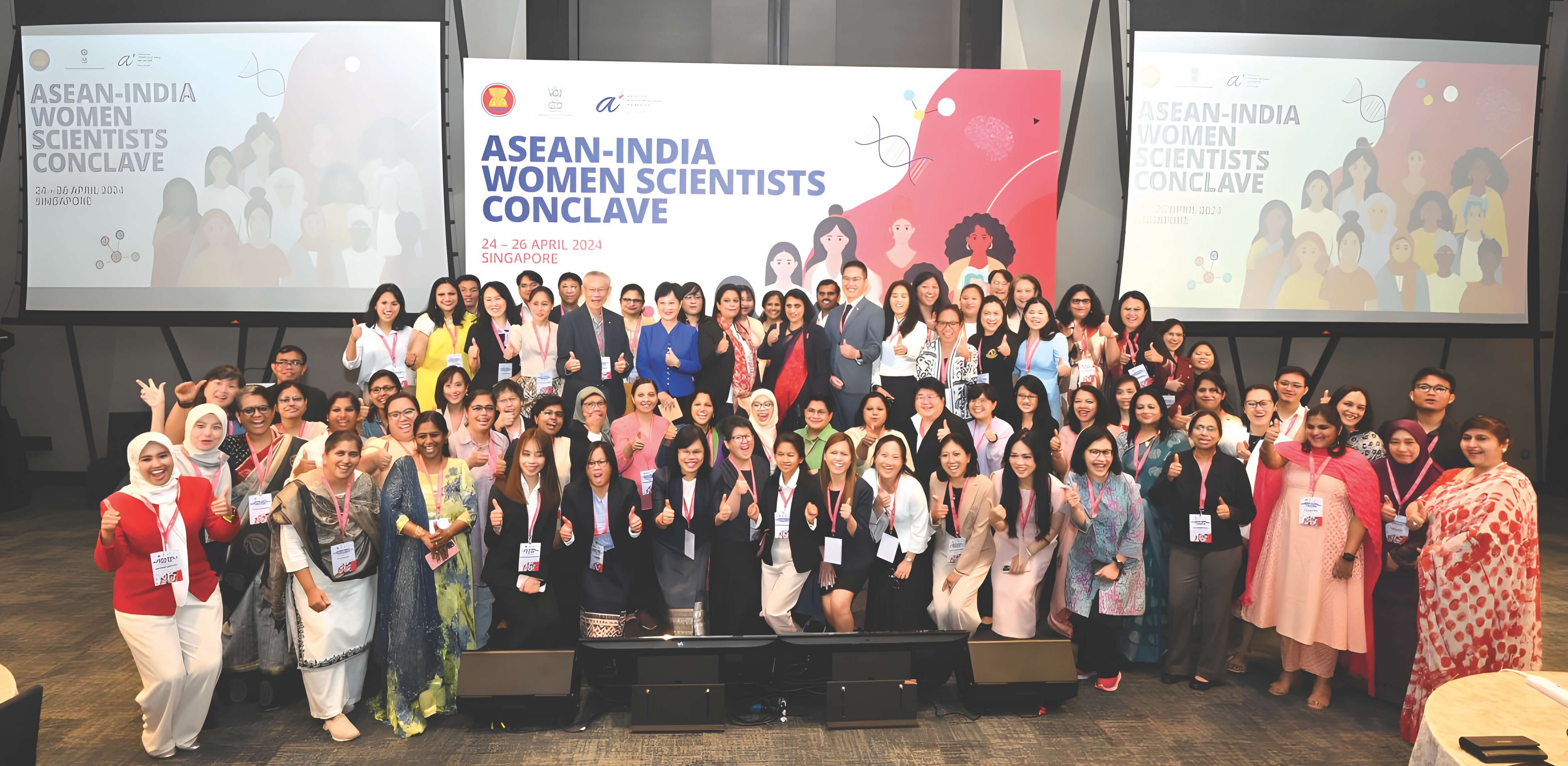





Across Southeast Asia, the digital landscape has become a contested arena, as governments and private companies seek to both drive economic growth and protect and control data flows. This fragmented regional environment tends to widen the digital divide, as only large tech companies have the resources to be effective privatesector players. Meanwhile, micro, small, and medium enterprises (MSMEs), the drivers of most economies in the region, are left without the skills needed to reap the dividends of the digital economy. Governments and private companies have embraced skills training and digitisation to boost growth and recover from the economic damage of COVID-19, but there is a difference between recognising the importance of including underserved populations and effectively reaching those groups with resources they can use.
The Asia Foundation has addressed these challenges head-on for the past two years. With grant support from Google.org, Google’s philanthropic arm, the ASEAN-endorsed Go Digital ASEAN initiative obtained the necessary funding that successfully trained over 225,000 underemployed youth and small-business owners, including people with disabilities and indigenous entrepreneurs, in basic digital skills, with a special emphasis on women. So how have we reached those with the most to gain from digital literacy, and what have we learned along the way?
Eighty million new internet users came online in Southeast Asia in the past two years, but many of the small-business owners we worked with were using the internet only for entertainment or to connect with friends. They knew that tools like social media and online banking existed, but they either did not see how these could help their businesses, or did not trust online services.
When the pandemic hit Asia, digital literacy surged in importance. With lockdowns, online skills often meant the difference between keeping your shop doors open or closing down for good. The pandemic was a crisis for female entrepreneurs in particular, as women were forced to shoulder a sharp increase in demand for unpaid care and domestic work.
During the Go Digital ASEAN training, we met female entrepreneurs like Ekawati, in Banten, Indonesia, who started a small business in the early stages of the pandemic to help support her family. She began producing an instant ginger-drink powder in her home, selling to customers in her neighbourhood and making a modest income. But with no way to expand and reach a broader market, she could not earn enough to meet her family’s needs.
We also met Silinphone in Vientiane, the Lao PDR, who had put her career on hold when she had children but had never lost her entrepreneurial drive. She had opened a small convenience store in her house, which allowed her to earn money while taking care of her growing family. But during the second wave of the pandemic in the Lao PDR, when only essential workers were permitted to leave their homes, her sales plummeted. Customers began calling her directly to ask for a delivery option, but Silinphone had never used map applications before and was not sure how to share a location pin with delivery drivers instead of giving directions over the phone.
For female entrepreneurs like Ekawati and Silinphone, the barriers to accessing training are significant. In addition to COVID-19 restrictions and the lack of options for entrepreneurs in rural areas, they face the loss of income from closing the shop for a day of training, and they typically must juggle household and child- or eldercare responsibilities. But while the challenges they face are clear, we also know that underserved groups like women have the most to gain from digital skills training.
Through Go Digital ASEAN, Ekawati learned to promote her ginger drink on social media and e-commerce platforms so she could sell it beyond her immediate neighbourhood. Without leaving home, she now earns twice as much and can still perform her household tasks.
Similarly, after completing the digital maps training module, Silinphone was able to search and pinpoint locations and share them with delivery drivers through the new social media site she created for her business. Not only did she restart her business and begin a rebound towards her pre-pandemic sales, but she is proud to have broken the stereotype that women her age are too old to learn digital skills. “When it comes to technology,” she said, “I used to depend on my family for help. But now, I can go online by myself and I am confident to conduct business online.”
At a time when so many people lost their jobs or were forced to shutter their businesses, it was a thrill to see the positive results of the Go Digital ASEAN programme, as experienced by Ekawati and Silinphone and shown by the 2021 impact assessment. Ninetyf ive per cent of trainees in all 10 ASEAN countries reported increased ability to use ICT tools to support their livelihoods, and nearly four out of five MSMEs were able to move their businesses online as a result of the training. More than one-quarter of MSMEs trained across ASEAN and nearly one-third of MSMEs trained in Indonesia reported increased sales or revenue. Importantly, our assessment also revealed that female participants responded particularly well to the training, with 33 per cent of them starting or expanding their businesses online as a result of the course.
Implementing a programme for 225,000 individuals across 10 different countries requires a delicate balance between regional and local strategies. A key to creating access to training for more MSMEs is to design for the intersecting needs of rural entrepreneurs in particular, with special attention to how gender, culture, and (dis)ability relate to those needs. Through effective partnerships with local organisations, we can meet these needs by adopting simple and relevant curricula, scheduling training at accessible times and locations, and getting local trainers to offer direct, follow-on support.
We are now looking forward to the next phase. Go Digital ASEAN 2 will extend our basic digital literacy training to MSMEs not yet reached by the first phase of programming and design, while offering next-level training for growth-oriented entrepreneurs and phase-one graduates who are ready to take their businesses further. We see a huge opportunity to drive inclusive and green growth in ASEAN, and we will be offering training on topics like financial literacy and planning, e-commerce, cybersecurity, and carbon-footprint reduction to 200,000 MSMEs across the region.
The views and opinions expressed here are those of the authors, not those of The Asia Foundation.
The authors can be reached at: hannah.najar@asiafoundation.org and robin.bush@asiafoundation.org
https://asiafoundation.org/emerging-issues/go-digitalasean/
The article first appeared in The Asia Foundation’s InAsia Blog on 31 August 2022. This is an edited and shorter version of the article.








